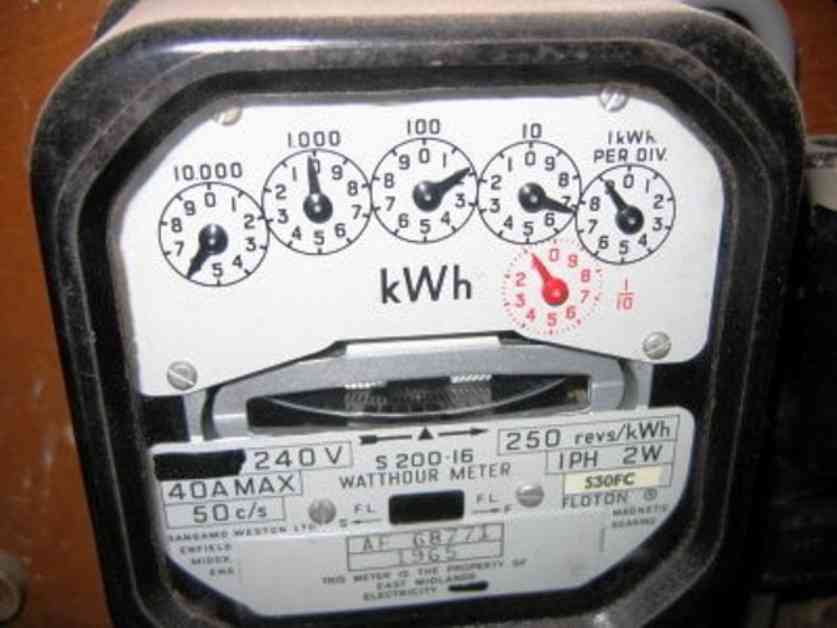Summary: The government is in talks with the IMF about purchasing power from net metering users at a reduced rate of Rs10 per unit, down from Rs27 per unit. The IMF is concerned about off-grid consumers leaving the main grid, and discussions also involve addressing circular debt in power companies. Net metering allows consumers to sell excess power back to the grid, promoting renewable energy use.
In a recent development during negotiations with the International Monetary Fund (IMF), the government of Pakistan has put forth a strategic plan regarding the purchase of electricity from net metering users. This plan entails a significant reduction in the purchasing rate, from the previous Rs27 per unit to a new rate of Rs10 per unit. This substantial Rs17 per unit drop in price marks a pivotal shift in the energy sector, impacting both consumers and the broader economy.
Addressing Concerns About Off-Grid Consumers
One of the key points of discussion during the talks with the IMF centered around the potential ramifications of off-grid consumers disconnecting from the main power grid. This critical issue raises questions about the sustainability and reliability of the energy supply system, particularly in the context of increasing reliance on renewable energy sources like solar power. The IMF has expressed concerns about the impact of this shift on the overall energy landscape and has sought clarity from the government on how such challenges will be addressed.
To address these concerns and ensure a smooth transition towards a more sustainable energy ecosystem, it is imperative for policymakers to formulate a comprehensive strategy that takes into account the needs of all stakeholders. By engaging in open dialogue with international partners like the IMF, the government can leverage global expertise and best practices to develop innovative solutions that benefit both consumers and the environment.
Implications for Power Companies and Circular Debt
In addition to the discussions surrounding net metering users, the IMF has also recommended leveraging financial resources to address the issue of circular debt within the power sector. Circular debt, a longstanding challenge in Pakistan’s energy industry, refers to the accumulation of unpaid bills and liabilities among power companies, leading to financial instability and operational inefficiencies. By prioritizing the reduction of circular debt, the government can streamline the energy supply chain and enhance the overall efficiency of power generation and distribution.
The recommendations put forth by the IMF underscore the importance of fiscal responsibility and sustainable financial management practices within the energy sector. As Pakistan strives to modernize its energy infrastructure and embrace renewable energy technologies, addressing issues like circular debt becomes paramount to ensuring long-term stability and growth. By collaborating with international partners and adopting best practices, the government can pave the way for a more resilient and sustainable energy future.
In conclusion, the government’s proposal to reduce the purchasing rate for electricity from net metering users marks a significant step towards promoting renewable energy adoption and enhancing energy affordability for consumers. By addressing key concerns related to off-grid consumers and circular debt, Pakistan can pave the way for a more sustainable and efficient energy ecosystem that benefits both present and future generations. As the country navigates the complexities of energy transition, collaboration with international partners like the IMF offers valuable insights and guidance to steer policy decisions in the right direction.









